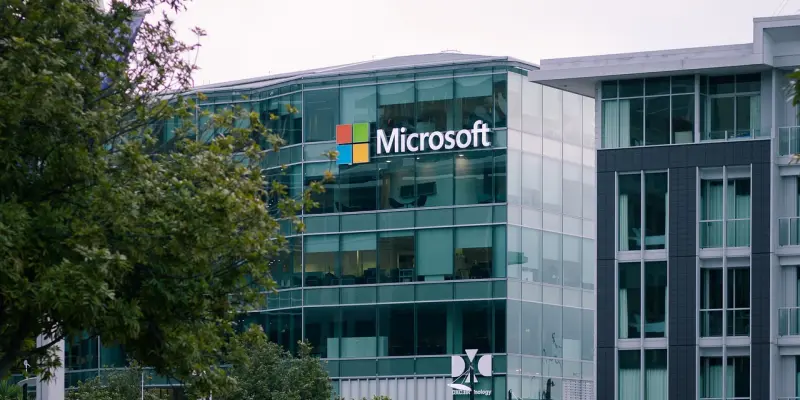In a rapidly evolving digital landscape, AI integration stands at the forefront of technological transformation. At the highly anticipated Build 2025 conference, Microsoft demonstrated its unwavering commitment to equipping Windows developers with cutting-edge AI capabilities. By introducing a host of advancements, Microsoft set a new benchmark for how AI can enhance software development on the Windows platform.
Highlights of the Event
The event proved to be a cornerstone for AI in Windows, where Microsoft’s strategic initiatives were spotlighted. A key announcement was the launch of the Windows AI Foundry, designed to revolutionize the AI developer lifecycle. This initiative is poised to streamline every phase, from model selection to deployment, providing an extensive toolkit engineered to simplify complex AI processes. The Foundry empowers developers with Windows ML, the AI inference engine known for its robust APIs, which cater to diverse language and vision tasks integral to modern applications.
Another significant development was the introduction of low-rank adaptation functionality, enhancing the customization of the Phi Silica local language model. This addition allows developers to fine-tune applications with precision, making natural language interfaces more accessible and efficient. Further significance lies in Microsoft’s strategic compatibility with diverse hardware partners, amplifying the flexibility of deploying customized models across various chipsets.
Key Discussions and Debates
The conference was not just about announcements but also a platform for vibrant discussions. Panelists delved into the transformative impact of the Model Context Protocol (MCP), which sets a new standard for AI agents interacting with Windows applications. This protocol’s potential to streamline business processes was a recurring theme, with experts forecasting its pivotal role in advancing business automation and coordination. A standout panel discussion revolved around embracing AI’s role in workflow automation. Industry leaders debated on balancing innovation with ethical considerations, emphasizing the need for transparent AI practices. Microsoft showcased its commitment to ethical development by outlining guidelines for responsible AI integration, reinforcing trust between developers and end-users.
Engaging Workshops and Demos
Workshops and live demonstrations played a central role in engaging attendees, offering hands-on experiences with Microsoft’s latest innovations. Participants eagerly explored the potential of integrating AI into everyday solutions, gaining insight into real-world applications. Demonstrations of the Windows AI Foundry’s capabilities attracted significant attention, with many developers expressing optimism about its impact on their work.
Beyond workshops, the event featured compelling product demos that highlighted Microsoft’s forward-thinking approach. The unveiling of new AI-driven tools and applications underscored the event’s innovative spirit, offering attendees a glimpse into the future of Windows development. The enthusiasm surrounding these innovations was palpable, as developers envisioned new possibilities for enhancing user experiences and streamlining operations.
Future Impacts and Industry Advancements
Build 2025 emerged as a pivotal moment for AI in the Windows ecosystem, setting the stage for significant future impacts. The insights and innovations shared at the conference have the potential to redefine industry standards, driving a shift toward more automated, AI-driven workflows. The event not only marked advancements in AI technology but also underscored Microsoft’s dedication to fostering an ecosystem that empowers developers and enterprises alike. The strategic advancements introduced at this year’s conference hint at a more integrated and efficient future for Windows developers. As the tech industry continues to evolve, these innovations could pave the way for more seamless integration of AI into business operations, potentially transforming how organizations approach automation and workflow management.

